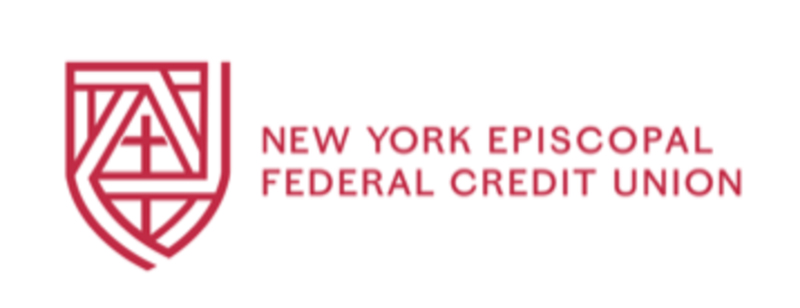“This credit union is not just another financial institution — it’s a lighthouse in the storm for those who have been left adrift by conventional banking systems,” said Dietsche. “It’s our shared response, a tangible reflection of our faith in action.”
The headquarters of the credit union will be at the housing complex, with additional branches in Manhattan’s Morningside Heights at Cathedral Church of St. John the Divine and at Trinity Church Wall Street’s Trinity Commons in Lower Manhattan.
A longtime member of St. James, Raquel Davis, said many community members she talked to at the church’s food pantry while volunteering told her that they are looking forward to joining the credit union.
“Most of us are not wealthy,” said Davis. “It’s impossible for us to get a loan from the commercial banks. So the only opportunity is to go to the loan sharks,” where the interest charged is “overwhelming,” she said.
“Thank you for the opportunity in the credit union because it’s giving us an opportunity to have control over our finances,” Davis told the crowd of about 20 people, many of them bishops from around the diocese, at the opening ceremony.

New York Episcopal Federal Credit Union logo. Courtesy image
The Rev. Matt Oprendek, the priest in charge of St. James who helped develop the credit union, said he expects the credit union to accept other new members and deposits in the next six months amid a fundraising drive that aims to secure an additional $300,000 to fund the first five years of operating expenses.
The Episcopal Church convention first recommended a credit union in 1988. In 1990, the New York diocese committed 10% of donations to its endowment funds to economic justice efforts. After Trinity Wall Street’s initial explorations in 2003 and 2004 ended, a 2014 diocesan convention resolution allowed Varghese to put together a small committee to work on meeting the federal requirements of a credit union. Parish members who work in finance offered their expertise.
“We had both need and intellectual capacity,” said Varghese, now rector of a church in Atlanta. “So that was our selling point.”
The National Credit Union Administration approved only three other charters in 2022, according to a spokesperson. Most groups that fail to complete the process lack the capital required.
Many labor unions, communities and religious organizations have created credit unions, including St. Philip’s Episcopal Church in Harlem, which created a small parish-wide credit union in 1951 to help Black congregants access banking services when mainstream banks refused Black Americans.
St. James and other parishes will offer free financial literacy classes along with the credit union, and customer support will help members navigate their financial options.
“It’s building their credit and is an institution that they can talk to if there’s a problem or struggle or difficulty with financial management,” she said. “The idea is that as opposed to charity, we’re inviting people into the system that they should have access to, that we all need to have access to.”
This article originally appeared here.

